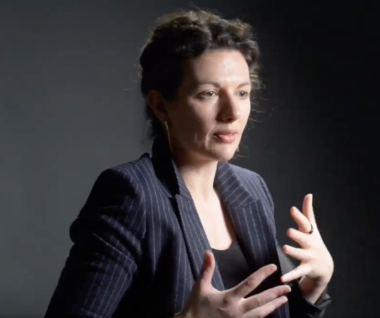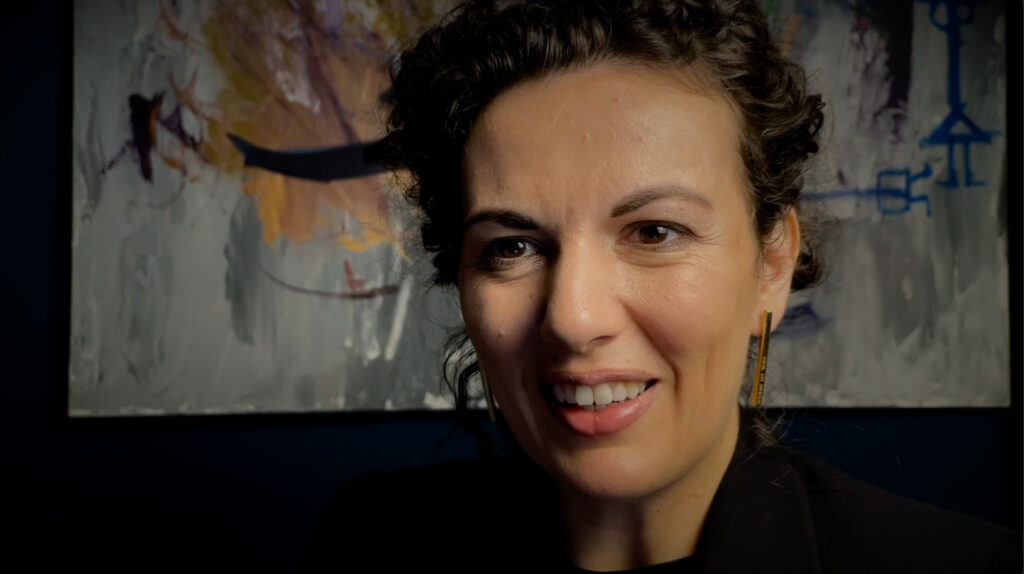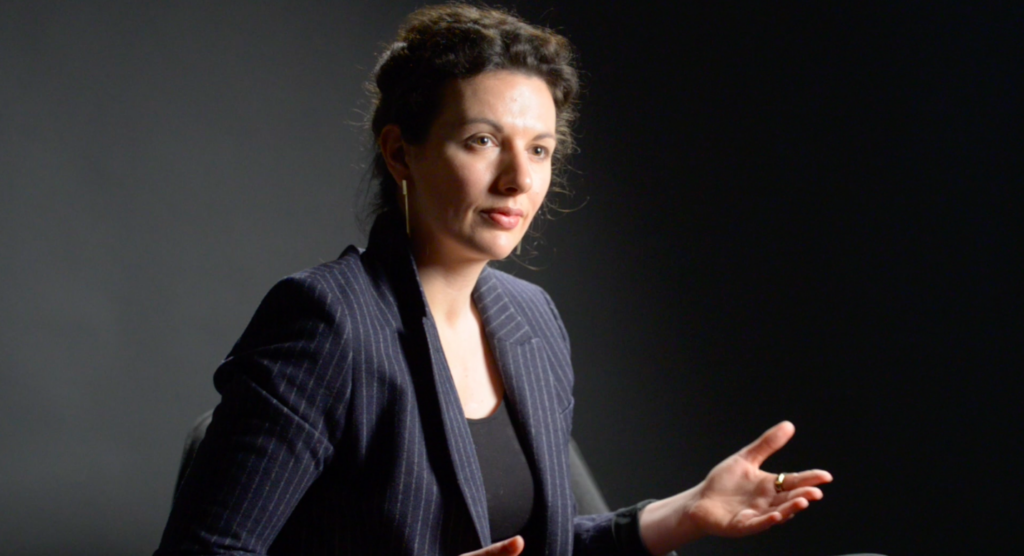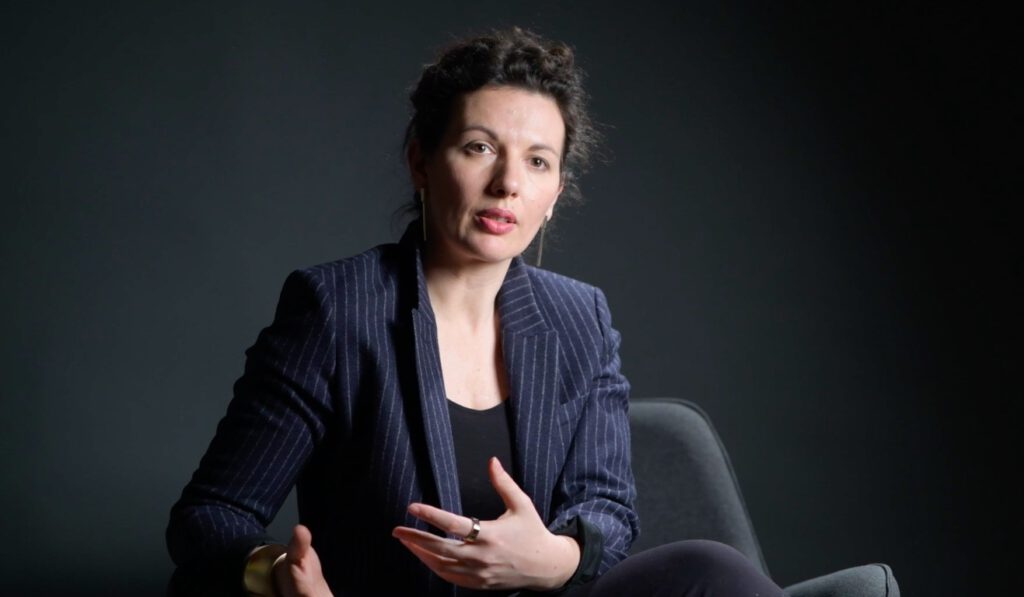About me
I help ambitious people who love their work not to be devoured by it.
UnExpected
My job is actually quite simple: I help my customers to meet themselves with open eyes.
Because if they can do this - uncover their blind spots - then they have the power to make conscious, authentic decisions again. Overwhelm can become curiosity again - and stress can transform back into passion.
Since 2012, I have been immersed in the exploration of the psyche, its scars, and its modes of functioning. This has resulted in a broad base of experience and expertise in the fields of psychology, systems and behavioral design, trauma, group and power dynamics that forms the foundation of my work.
My clients include LBBW, Deutsche Bank, Carlsen, Audi, Signal Iduna, N26, CLAAS, Deutsche Telekom, Nürnberger Versicherung and many more.
How did I become an executive counselor?
You could say "I have over 500 hours of education and training" if this answer didn't sound so trite and meaningless.
I would therefore like to invite you to take a look behind the cold résumé and discover a small part of my story.
Real
This story is unembellished and, one could say, "typically German". It is my answer to questions such as "Why are you doing this?" and "How did you become an executive counselor?"
I was a typical child of the German rural middle class. Pocket money was only given for good grades. Hard work and performance meant security. I spent my weekends at the age of 7 serving beer in my parents' restaurant. And my mother's favourite phrase was: "Pull yourself together."
My childhood taught me: you have to be tough. You don't get anything for free. Working because it's fun? Feeling secure and valued without having done anything in return? The idea was unthinkable - at least for my parents. But I didn't want to settle for that.
There had to be another way than through sacrifice, excessive demands and stress.
But how?
I was driven by this question - so much so that I wrote my Master's thesis on the connection between work and happiness - so much so that New Work became my topic for a few years and I became a jury member for the Xing NEW WORK Award, among other things.
From the outside, all of it looked like change - but the voices in my head, fears and old beliefs continued to haunt me. And so it came as it had to: at the age of 35, I was at the end of my tether.
Too much work. Too much stress. What I wanted to get away from had caught up with me.
The message was clear: Tina, explore your own blind spots first! And that's what I did and still do. I want to be honest: It often really hurts, but in the end it's always the right decision.
Over the many years of my own experience and professional training, my sense of unconscious dynamics has become more and more refined - until I was asked more and more often to coach others. So there was never this one moment when I said: I'm going to be an executive coach. What I am and do today has grown organically and is constantly evolving.
And if you don't just want to know "Why?", but also "What for?" I do this work:
Because there is nothing more impressive than accompanying a person in discovering themselves in depth and seeing how they experience the power that comes with it.




